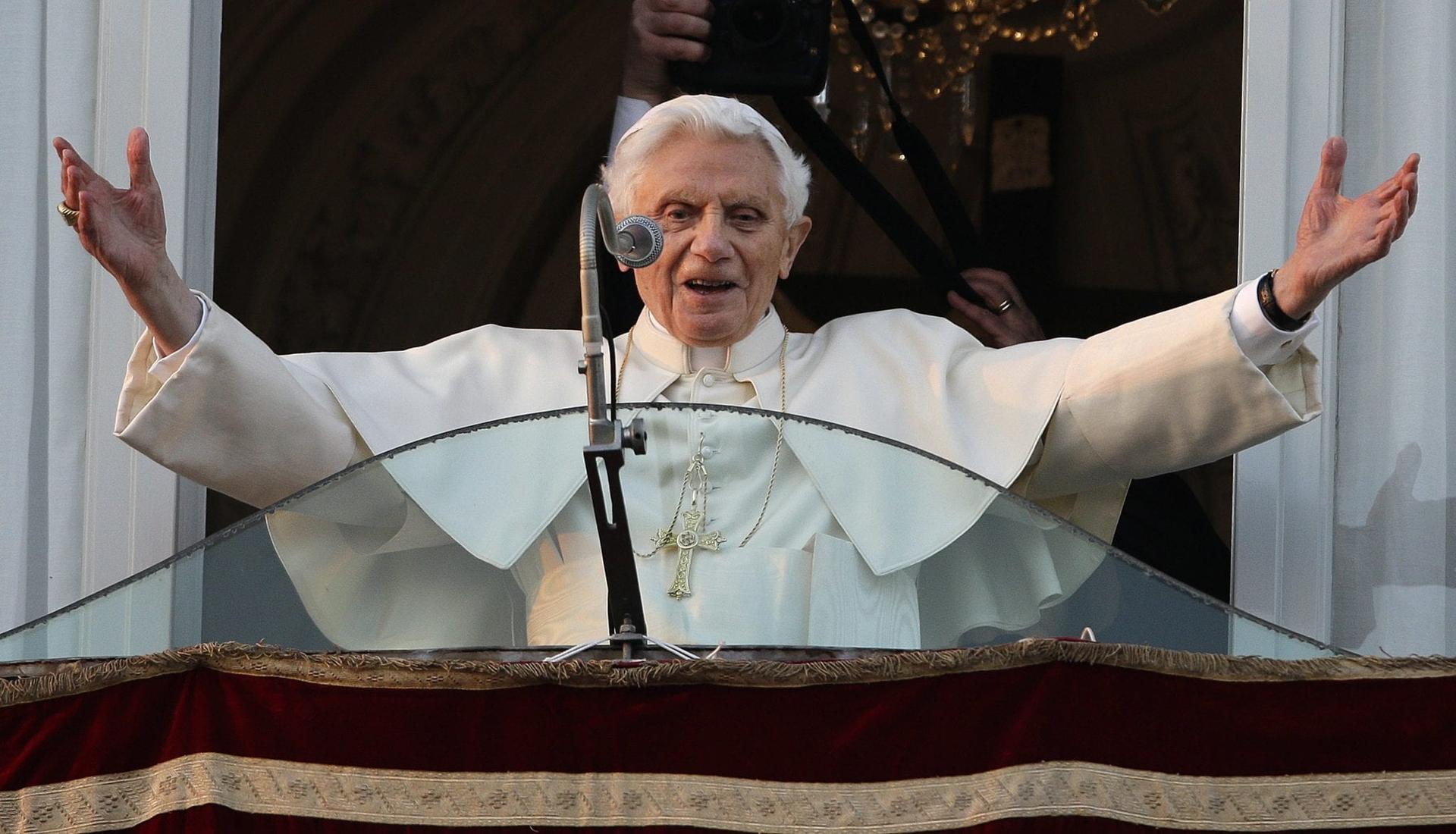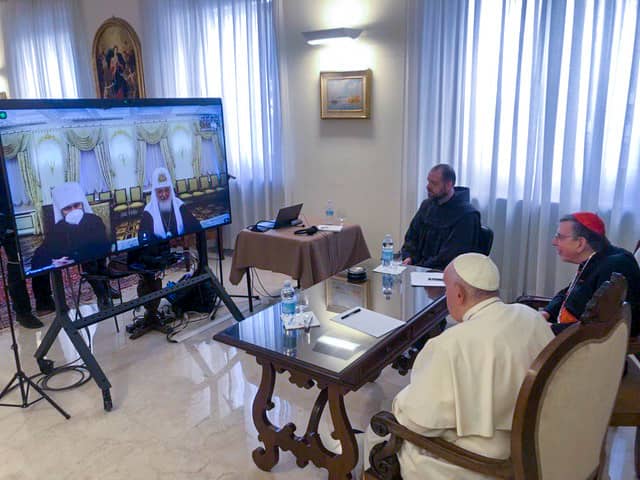ROME – Last Sunday marked the fifth anniversary of the resignation announcement of Pope Benedict XVI on Feb. 11, 2013, which was a day that anyone who experienced it, especially in Rome, will not soon forget. For many, it seemed as if the earth was shifting under their feet – the once unthinkable had suddenly, and without warning, become reality.
At the time, the consequences of a papal resignation seemed both unknown and potentially menacing. Would it split the Church in two? Would Catholics be confused about to whom they owed allegiance? Would a constitutional crisis ensue? Would the Vatican be split into rival camps, one loyal to the old pope and one to the new one?
For an institution that often makes a fetish out of resistance to change, any mammoth jolt tends to produce reactions like that. Five years later, however, all those breathless forecasts now seem a bit silly.
The balance sheet shows that the Catholic Church has continued to muddle through – divided, certainly, but those of an historical mind might well say no more or less than normal. There’s no constitutional crisis, except in the minds of a handful of figures with a relatively small public following. For better or worse, absolutely no one is confused today about who’s calling the shots.
Moreover, anyone who actually knows Pope emeritus Benedict XVI understood that whatever ruptures might follow his resignation, they would never be fed by him.
Monsignor Alfred Xuereb, Benedict’s second private secretary beginning in 2007 until the resignation, recently gave an interview in which he revealed that Francis phoned Benedict shortly after his election, and Xuereb said he “cannot forget” what he heard Benedict say to the new pope.
“Holiness, from this moment on, I promise you my total obedience and my prayers,” Xuereb recalled Benedict saying — and one has to say, five years on, that Benedict has been a man of his word, never saying or doing anything that might be interpreted as undercutting his successor.
In truth, what’s happening in the Church today is a larger-scale version of what happened in dioceses the first time a retired bishop was still around after a new bishop was appointed and took over. It undoubtedly seemed odd, and maybe even a bit confusing. Over time, however, it simply became a great way for the sitting bishop to get out of covering some share of confirmations every year.
In other words, a retired bishop was normalized, and that’s more or less what’s happened over the last five years vis-à-vis the papacy.
None of that, however, should minimize the sense of shock that gripped the Church in the immediate aftermath of Benedict’s announcement, especially among those most given to tradition and therefore most accustomed to thinking of the papacy as a lifetime post – as Pope Paul VI once put it, “spiritual paternity cannot be resigned.”
I spoke to a cardinal who had attended the consistory of the Congregation for the Causes of Saints at which the announcement was made. The gathered prelates had no idea what was coming, and the cardinal said he had shown up only because, by that point, the congregation wasn’t holding many consistories, and he figured it would be bad form to skip.
Benedict made the announcement in Latin, and this cardinal knows the language well enough to grasp what was being said. Nonetheless, he said he literally could not process the content of Benedict’s words, and just sat in his chair well after the consistory was over trying to make sense of what he had just heard.
Finally, he told me with a laugh, a Vatican ceremonial official came in and told him he needed to vacate the room, because they were turning off the lights and closing it up.
In my case, I was across Rome at the Italian Foreign Ministry, attending a conference on religious freedom. During a coffee break, my cell phone rang and it was a BBC producer, asking me if I’d heard a rumor about the pope resigning. I was in the middle of explaining that rumors in Rome are a dime a dozen, when a colleague came up to me screaming that we had to leave that second because the pope had, indeed, stepped down.
(My colleague, by the way, was fairly stunned by the news himself … he had an expression of religious awe on his face, as if he had just seen an apparition of the Virgin Mary on the screensaver of his laptop.)
By that stage, I had been on the Vatican beat for over 15 years. I’d written endless pieces about the various possibilities of when and how a pope might resign and how the aftermath would play out. I’d interviewed Church historians and other experts about it, and I’d even read an Italian biography of Pope Celestine V, the last pontiff to truly voluntarily renounce the office in 1294.
If anyone should have been prepared to absorb the shock, in other words, it ought to have been me. Yet I freely confess that I sat through the Vatican press briefing that day with my mind utterly numb, feeling like we’d just stepped into some through-the-looking-glass world in which suddenly, up was down and night was day.
No doubt, Benedict foresaw all of that when he made his decision.
It’s deeply probable that he knew there would be short-term tumult, and, in some quarters, border-line panic. For sure, he also knew that there would be endless rounds of speculation in the press and around Catholic water coolers about why he “really” resigned, as opposed to the official explanation of age and health.
Yet, his calm and depth of perspective undoubtedly told him that hysteria would have a relatively short shelf life, and the Church would be just fine, because he knows that part of the genius of Catholicism is its capacity, over time, to adapt and flourish in almost any conceivable set of circumstances.
Proof that normalization has set in is that if Pope Francis eventually chooses to end his reign in resignation, basically nobody would be all that shocked by it, and we’d all probably shift immediately to speculating about who comes next – in other words, business as usual.
February 11, 2013, thus will be remembered for many things: For the announcement itself, for the great humility it reflected in Benedict, and for the chain of events it triggered ending in Francis’s papacy. Yet perhaps, it should also be remembered as the date on which Benedict XVI’s legendary penchant for always thinking in the long run scored its greatest triumph.















